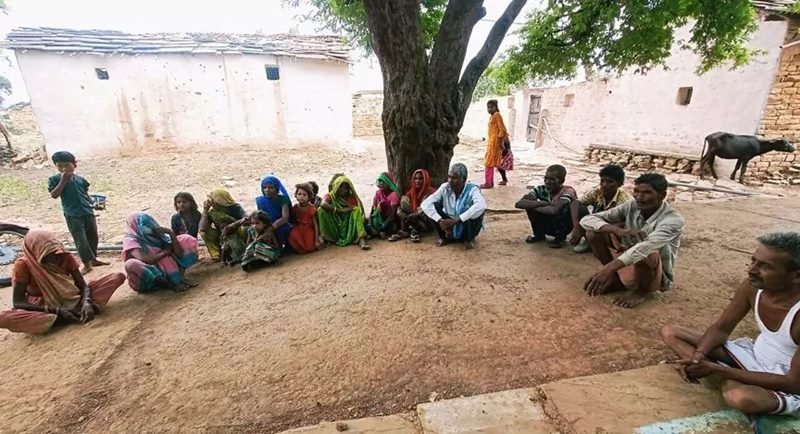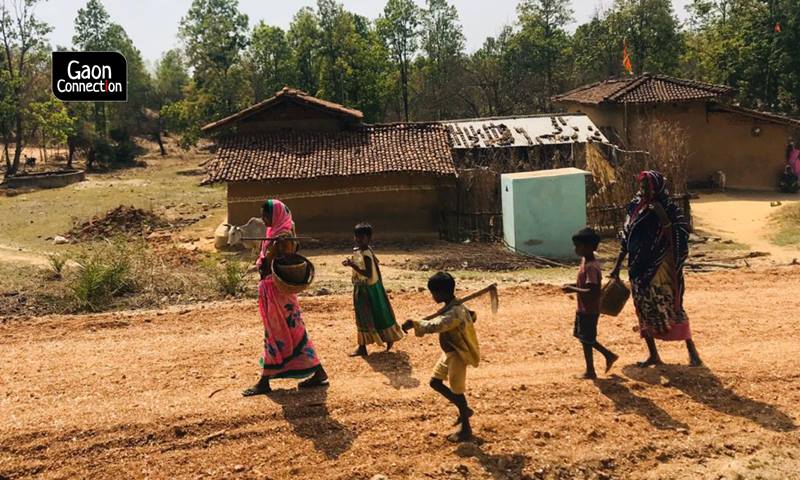No tribal should be evicted without settlement of land rights: National Human Rights Commission
The National Human Rights Commission has stated that tribal people in India should not be evicted without the settlement of their land claim. Human rights activists also suggested ensuring rights to crematorium workers, wages to women workers at par with men in the informal sector; and defining trans rights.


Human rights activists suggest rehabilitation of displaced people due to development projects should be fully drawn out before the implementation of the project. Photo: Arun Singh
The National Human Rights Commission (NHRC) asserted that the tribal people in India should not be evicted without the settlement of their claims on land rights. This was stated by NHRC Chairperson Justice AK Mishra yesterday, on July 29 in a webinar.
“No tribal should be evicted without the settlement of his/her claim related to land rights. The Commission is committed to the review of various laws from human rights perspectives,” Mishra was quoted as saying in the press statement.
In the webinar, the chairperson also assured that the Commission is committed to do what ‘best’ it can do with regards to the policy on the adjudication of the claim of tribal people on their lands and distribution thereof.

Also Read: Tribal districts report more land conflicts compared to other regions in the country
Recently on July 10, tribal communities in Madhya Pradesh were reportedly evicted from their homes without official notice. Activists and community members claimed that the eviction was in violation of the Forest Rights Act (FRA).
The Act recognises the rights of forest-dwelling communities to forest land and resources. As per the Act, a transparent monitoring system for disputes or claims over forest land is mandatory.
The webinar was organised by the NHRC with the Human Rights Defenders & Civil Societies on human rights issues during COVID19 and future responses.
The issues addressed included rights of informal workers and bonded labourers, LGBTQI+ issues, mental health, drug abuse & rehabilitation, tribal rights & welfare, protection of rights of victims of silicosis.

The virtual discussion was joined by several human rights experts including Transgender Activist Laxmi Narayan Tripati, Medha Patkar from National Alliance for People’s Movements, Amulya Nidhi from Jan Swasthya Abhiyan, Digvijay Sing, representative of UNDP India.
The experts suggested to ensure rights to crematorium workers, rag pickers, and nomadic people; wages to women workers at par with men in informal sector; free medical checkup and treatment of informal workers affected by work health hazards including silicosis; as well as defining trans rights to keep a check on the torture and human rights violations of them.
Also Read: Stoned to death: Tribal labourers in Panna’s stone mines continue to die of silicosis
Some of the other important suggestions made during the webinar included examining developmental projects from the point of view of livelihood of displaced people as well as its social and environmental impact; rehabilitation of displaced people due to development projects should be fully drawn out before the implementation of the project which should not merely include financial support.

